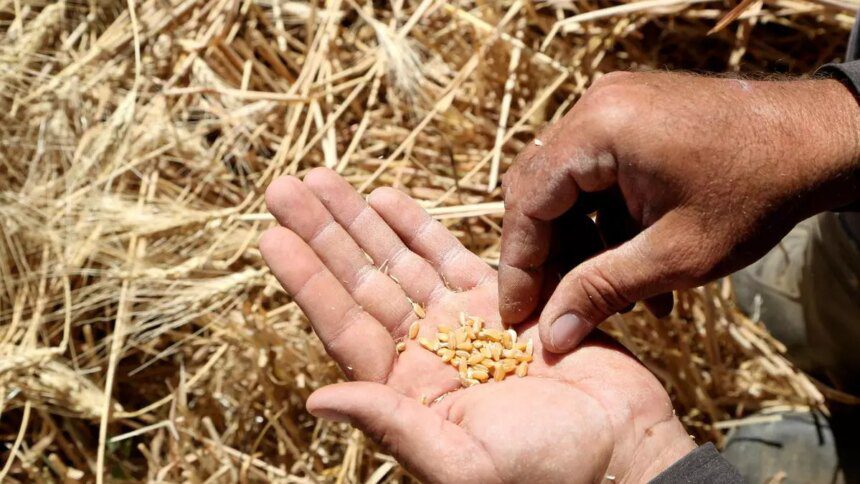India’s consideration of revoking the ban on futures trading in seven farm commodities, including wheat and unprocessed rice, marks a potential shift in government policy following findings that the restrictions imposed in 2021 were counterproductive. The ban was initially put in place to control costs and ensure steady grain supply for a welfare program, but it had unintended consequences on market-price discovery and stability.
With local crop rates stabilizing post-harvest, the government panel’s recommendation to end the suspension reflects a broader effort to ease pandemic-era restrictions on farm goods. This move comes on the heels of other recent policy changes, such as lifting the ban on certain rice exports and selling grains from state reserves.
The findings of a study commissioned by the Securities and Exchange Board of India (SEBI) further underscore the negative impact of the ban on agricultural commodities like chickpeas, rapeseed, soybeans, green gram, and crude palm oil. The report highlighted how the ban disrupted both futures and spot markets, resulting in price hikes and eroding investor trust in the derivatives market.
If the ban is lifted, it could help restore market efficiency, attract more investments, and facilitate better risk management for farmers and traders. Ultimately, this potential policy reversal signifies a shift towards more market-friendly measures in India’s agricultural sector, which could have positive implications for food security, price stability, and overall economic growth.









